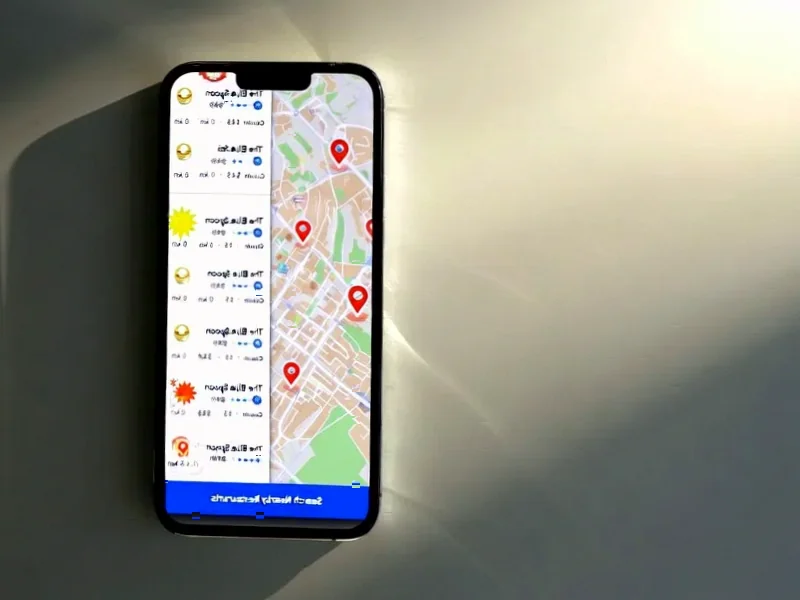According to MacRumors, Apple is introducing new APIs in iOS 26.2 to help developers comply with Texas’s App Store Accountability Act that takes effect January 1, 2026. Starting that date, Texas Apple users must confirm whether they’re 18 or older when creating accounts, and parents must provide consent for children’s App Store downloads and in-app purchases. Apple will share user age ranges with developers through categories like under 13, 13-15, 16-17, and over 18. Developers will need systems for notifying parents about significant app changes and allowing parents to revoke child access to apps at any time. The new APIs include Declared Age Range for age categories and Significant Change API for parental consent prompts when apps undergo major changes.
The Texas compliance challenge
Here’s the thing about these state-specific regulations – they’re creating a patchwork of compliance requirements that’s becoming a nightmare for developers. Texas is just the latest state to push through its own digital privacy laws, following similar moves in California and elsewhere. Now developers have to build different features for different states, which basically means more complexity and higher costs.
And let’s talk about that “significant change” API. Apple says developers will need to determine when there’s a significant change in their apps. But what exactly qualifies? Changing age ratings is one example, but what about adding new social features or in-app purchase options? There’s going to be a ton of gray area here, and developers are going to be stuck making judgment calls that could land them in legal trouble if they get it wrong.
The privacy concerns nobody’s talking about
So Apple’s sharing age ranges with developers, but they’re being careful not to share exact ages. That’s good, right? Well, maybe. But think about this – the API will also provide “a signal from the user’s device about the method of age assurance.” That means developers might know if you verified with a credit card versus government ID. That’s still pretty sensitive information.
And here’s my question – how many parents are actually going to go through the hassle of providing consent for every single app their teen wants to download? We’ve seen this movie before with COPPA compliance – either parents get consent fatigue and just approve everything, or they get so overwhelmed they restrict everything. Neither outcome really serves anyone well.
Developer headaches incoming
Look, I don’t envy developers who have to implement this stuff. They’re getting server notifications when consent is withdrawn, which means they need to build systems that can immediately block app access. That’s not trivial engineering work. And they have to do it for just one state initially, but you know other states are watching and will likely follow with their own variations.
The real kicker? This all kicks in with iOS 26.2, which gives developers some time to prepare. But basically, we’re looking at another case where well-intentioned legislation creates massive technical complexity. You can find more details on Apple’s developer site, but I suspect many developers are already groaning about the implementation work ahead.




